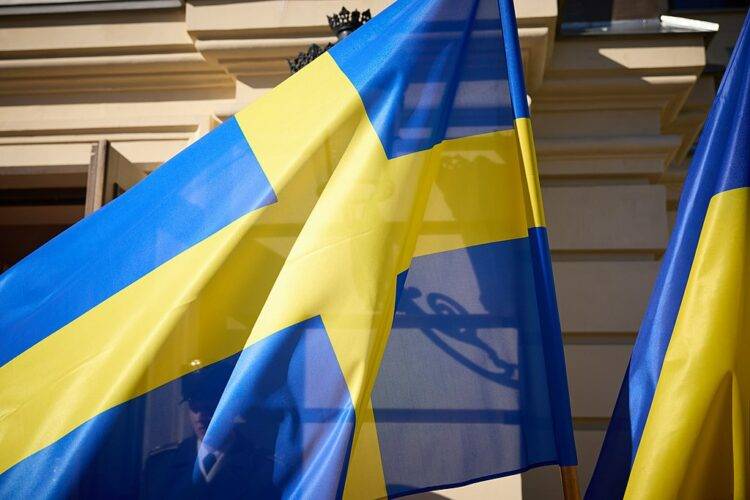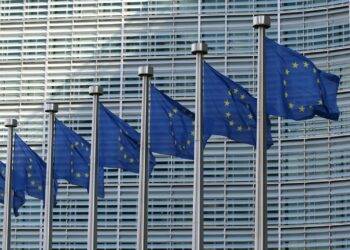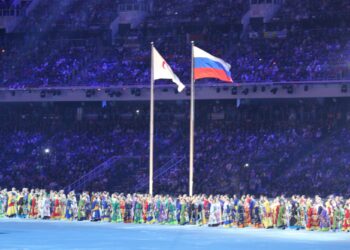In a bold statement reflecting the heightened global security tensions, Swedish Prime Minister Ulf Kristersson announced that Sweden could consider hosting nuclear weapons if a war were to break out. This declaration comes as the Russian Ministry of Defense indicates preparations for exercises involving nuclear capabilities, escalating concerns within the NATO territories.
Kristersson emphasized the dire nature of such a decision, stating, “In the event of war, it’s an entirely different matter. If the worst happens, democratic countries in our part of the world must, of course, be able to defend themselves against countries that may threaten to use nuclear weapons.” He further highlighted that Sweden’s NATO membership and its entire defense strategy are designed to prevent any situation that would necessitate such extreme measures.
The Prime Minister also commented on the ongoing conflict in Ukraine, suggesting that Ukraine’s vulnerability was partly due to its non-NATO status. “If Ukraine were a NATO member, it wouldn’t have come under attack from Russia,” he remarked.
In response to the nuclear rhetoric from the Kremlin, the White House has warned the Russian leadership, advising them to withdraw troops from Ukraine to avoid escalation prompted by Western military support to Kyiv. Meanwhile, the Lithuanian Foreign Minister Gabrielius Landsbergis has expressed skepticism about Russia’s nuclear threats, suspecting them to be mere bluffs.
Analysts from the Institute for the Study of War (ISW) concur, noting that Moscow has historically used nuclear threats to coerce the West into halting military aid to Ukraine. This tactic seems to be a part of a broader strategy to manipulate geopolitical dynamics favorably without actual engagement.
As the international community watches closely, the possibility of nuclear weapons becoming a part of Sweden’s defense strategy marks a significant shift in the nation’s military posture, reflective of the increasing unpredictability and severity of global military conflicts.
Sweden has maintained a stance of military non-alignment for over two centuries, only recently moving towards NATO membership in response to escalating threats from Russia. This shift represents a major realignment in Sweden’s defense policy, mirroring broader changes in European security strategies amid growing geopolitical tensions.


















